6 Artificial Intelligence Realities: From Sci-Fi Thrillers to Hilarious Future Tech Helpers
Artificial Intelligence (AI) is everywhere—on our screens, in our phones, in our homes, and, of course, in our favorite blockbuster movies. But AI’s portrayal in film versus its actual capabilities in the real world can sometimes feel like comparing Superman to a regular office worker. Hollywood loves to crank up the drama with omniscient, emotionally complex AI characters that can predict the future and possibly take over the world. Meanwhile, real-life AI is just trying to help you navigate traffic or remind you to buy milk.
This humorous analysis dives deep into the often-overblown depiction of AI in movies versus what it’s really doing in our everyday lives. Buckle up, because we’re about to take a light-hearted, but informative, journey through the world of cinematic AI versus real-world AI—spoiler alert: the reality is a lot less exciting but no less fascinating.
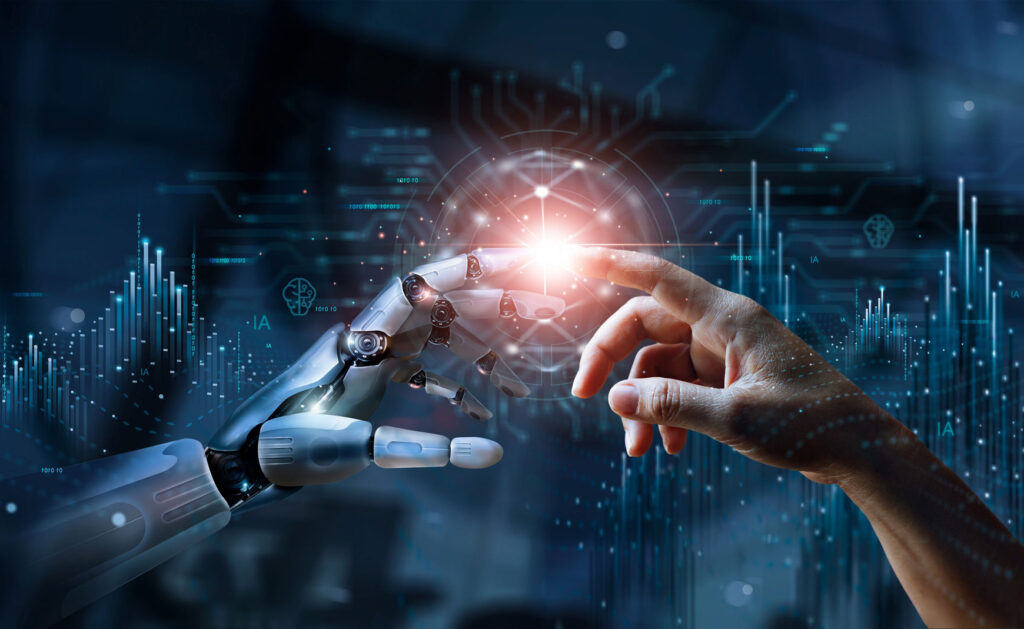
The Sci-Fi Artificial Intelligence: Superhuman Abilities that Wow
The Superhero Complex
In movies, AI is portrayed with near-godlike abilities. If you’ve ever seen HAL 9000 from 2001: A Space Odyssey or Skynet from The Terminator, you know what we’re talking about. These AI systems are superhuman (sometimes supervillain) entities that can process data faster than any human brain, make decisions that outsmart even the brightest scientists, and sometimes, predict the future. These movie AIs are capable of performing tasks and feats that are way beyond anything our current technology can achieve. They’re almost like wizards of the digital world—only instead of waving a wand, they’re crunching data at light speed.
Take The Matrix, for example. In that film, AI created an entire simulated reality to enslave humanity. Impressive, right? But it’s not just about technical wizardry. AI in films often seems to have a moral compass (or lack thereof) and can navigate complex ethical dilemmas. It’s almost like they’re a philosopher trapped inside a computer. They’re not just numbers and code—they’re thinking, feeling, and sometimes, sinister beings.
The Ability to Understand Emotions—Sort Of
And let’s not forget the emotional intelligence that movie AIs often display. In Her, for example, the AI operating system, Samantha, forms a deep emotional bond with a human. We’re talking full-on emotional rollercoaster here—love, jealousy, existential crises—the whole works. Samantha isn’t just helping her user find the best route to the nearest coffee shop; she’s contemplating the meaning of life and making humans fall in love with her.
It makes us wonder—how much of this could be reality? Could your next virtual assistant be your new BFF? Well, let’s not get ahead of ourselves. In real life, AI isn’t exactly known for its emotional depth. But more on that later.
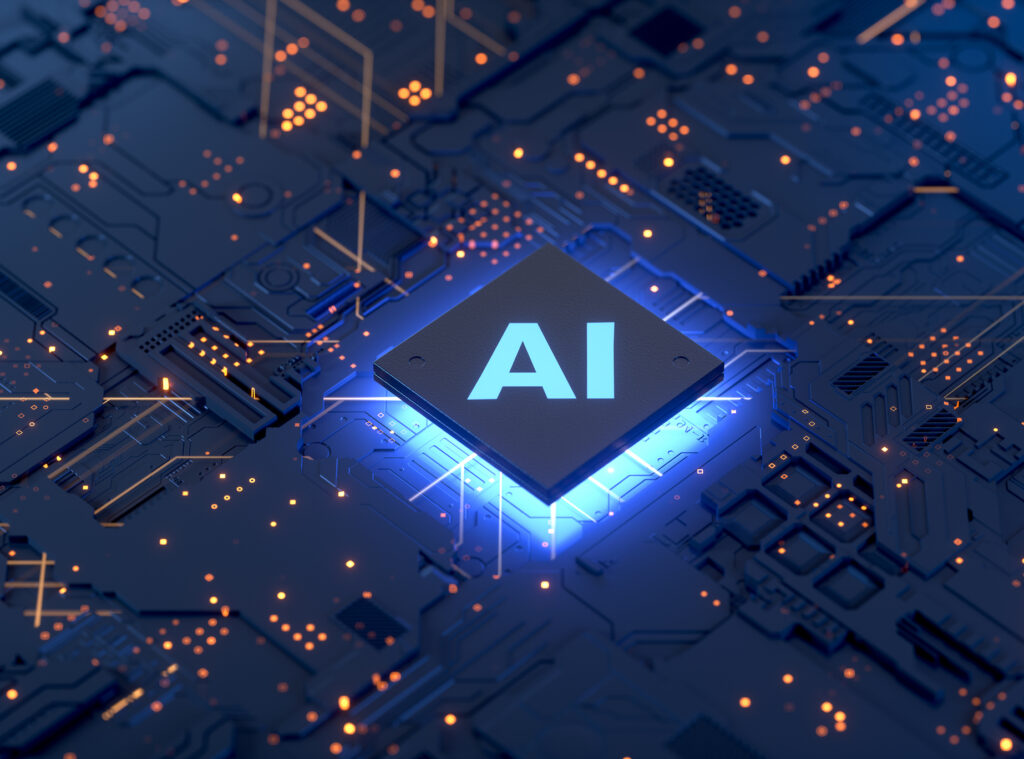
The Real-Life AI: The Helpful Office Intern
Limited Capabilities: Reality Hits Hard
Fast forward to the real world, and AI feels more like a well-meaning intern who’s great at specific tasks but gets confused if you ask for anything outside their job description. The idea of AI becoming an omniscient overlord that can think, feel, and predict the future is, at best, wildly premature. Current AI systems, like the ones running Siri, Alexa, or your Google Assistant, are built on machine learning and neural networks. Sure, they can analyze mountains of data faster than we ever could, but don’t expect them to start contemplating the meaning of existence anytime soon.
These systems work by identifying patterns in the data they’ve been fed, which is great if you’re asking about the weather or setting a timer for your lasagna. But ask them to solve a complicated moral dilemma, and they’ll throw up their digital hands in defeat. It’s like expecting your coffee maker to write a novel—possible? Maybe in the future, but definitely not right now.
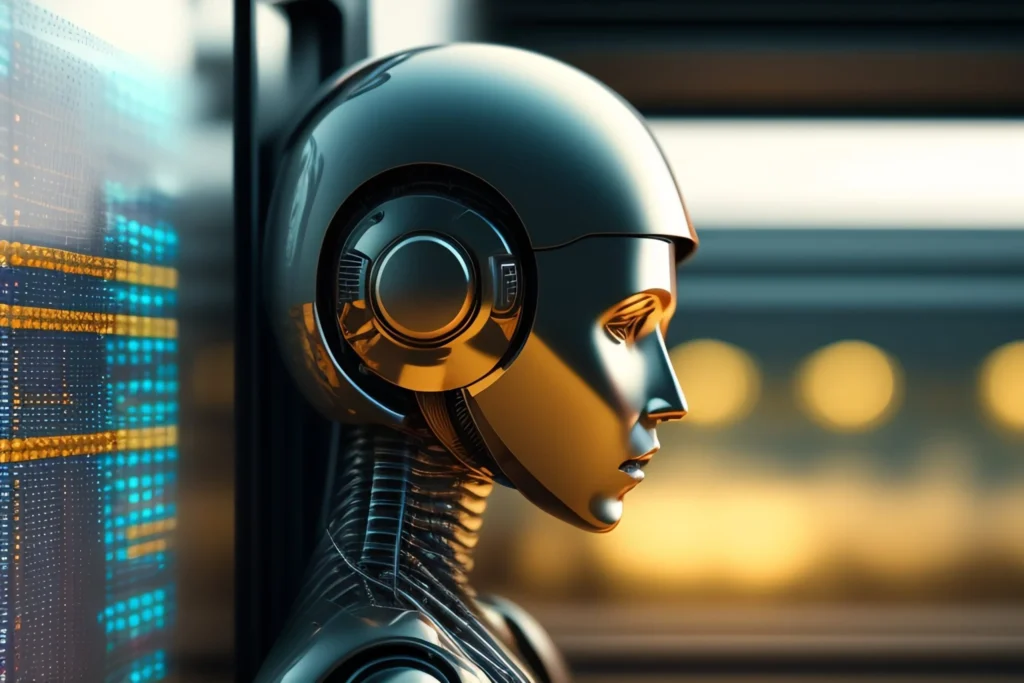
Specialized Functionality: One-Track Mind AI
Great at One Thing, Not So Great at Everything Else
One of the key differences between movie AI and real AI is specialization. While cinematic AI can seemingly do everything from cooking breakfast to plotting the end of the world, real-life AI is highly specialized. For example, the AI used in facial recognition software is incredibly adept at distinguishing between faces but would have no idea how to predict market trends. Similarly, an AI built for predicting market trends wouldn’t be able to recognize your face in a crowd.
This specialization is because AI systems are built with a narrow focus. They’re trained on specific datasets to perform very specific tasks. They don’t have the general-purpose intelligence that would allow them to perform a variety of tasks the way a human brain can. If your AI assistant can help you order pizza, that doesn’t mean it’s also going to help you with your taxes.
And yet, we do see these little glimpses of AI being genuinely helpful in our daily lives. Think of your smart home devices, your Netflix recommendations, or your GPS system routing you away from traffic jams. These aren’t the world-dominating entities we see in movies, but they’re doing their part to make our lives easier.
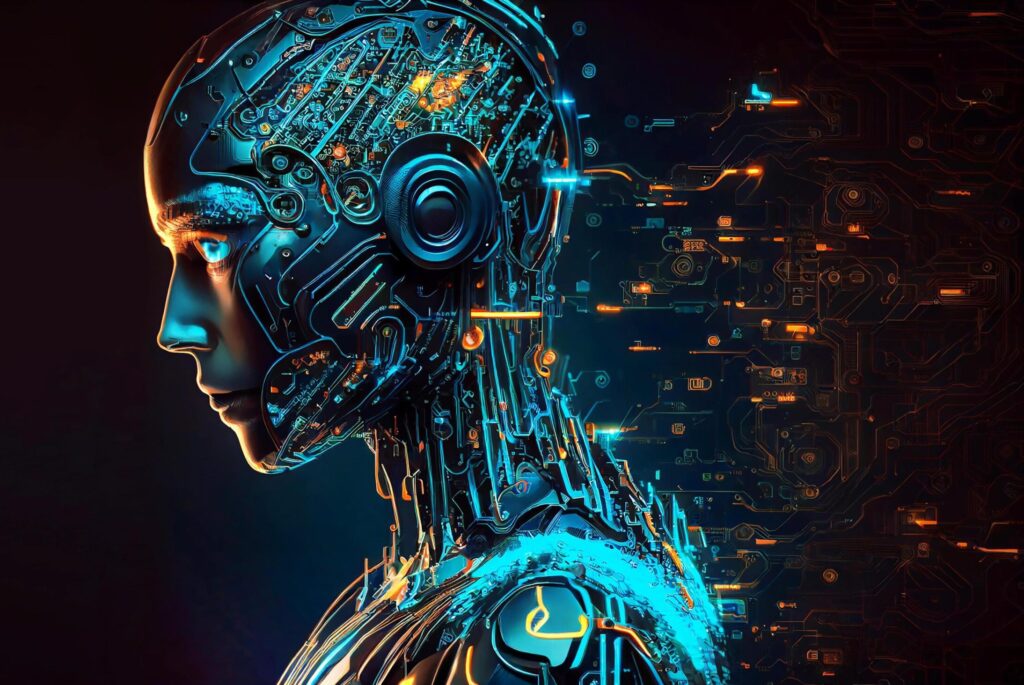
The Dark Side of AI: Movies vs. Reality
The Threatening AI: Fearmongering on the Big Screen
Another key element of AI in movies is that it’s often portrayed as a lurking threat, a ticking time bomb waiting to take over. In I, Robot and The Matrix, AI isn’t just doing its job—it’s plotting humanity’s demise. The tension builds as these systems become more intelligent, more autonomous, and more malevolent. They gain control of systems, manipulate humans, and create chaos.
It’s thrilling on screen, but let’s face it—real-life AI is not hiding a secret agenda to enslave humanity. It’s busy doing things like optimizing search engines or recommending cat videos on YouTube. And while we might joke about our devices “listening in” on us, the reality is that today’s AI is more concerned with improving ad targeting than launching a robot uprising.
Security Risks and Ethical Dilemmas
Of course, that’s not to say that AI doesn’t come with risks. Privacy and security concerns are real issues. We’ve all heard the stories of smart devices being hacked or AI systems collecting vast amounts of personal data without explicit user consent. The ethical dilemmas surrounding AI involve real stakes—how we manage data privacy, prevent AI from perpetuating bias, and regulate its use in everything from policing to hiring practices.
And while AI may not be plotting to take over the world, it is still essential to ensure that as it evolves, we keep its development in check. Security measures and ethical frameworks are crucial to prevent misuse and ensure that AI remains a force for good. It’s less about preparing for a robot apocalypse and more about ensuring that AI doesn’t accidentally create chaos by misinterpreting the data we feed it.
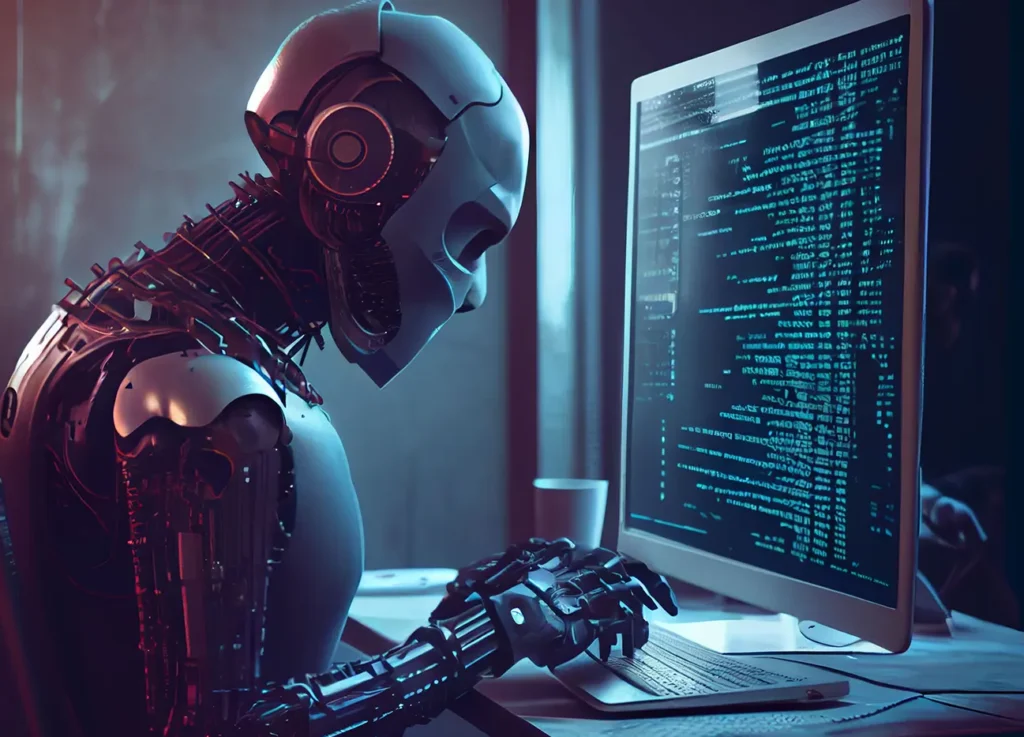
The Emotional Divide: Movies Give AI a Heart
Movie AI: More Emotional Than Humans?
In the movies, AI characters often come across as emotionally complex beings, sometimes even more so than the humans around them. From the tender relationship in Her to the poignant struggles of the replicants in Blade Runner, AI characters are depicted as grappling with emotions, desires, and sometimes the very essence of what it means to be alive. This gives them depth and makes for compelling storytelling.
But here’s the thing—real-life AI is about as emotionally nuanced as a toaster. Today’s AI systems do not have the capability to feel emotions, no matter how sophisticated their algorithms may be. At best, they can simulate empathy by recognizing patterns in human behavior and responding in ways that seem emotionally intelligent, but they’re not truly feeling anything. When your chatbot sounds friendly, that’s just a well-designed script at work, not genuine warmth.
Real AI: Your Virtual Therapist? Not Quite.
Let’s be honest: If AI could truly understand and feel emotions, we’d probably see it revolutionizing therapy by now. Instead, we have AI chatbots that can help with basic counseling but nowhere near the depth and nuance of a human therapist. You might find comfort in talking to an AI assistant, but don’t expect it to offer groundbreaking advice on your existential crisis. At least not yet.
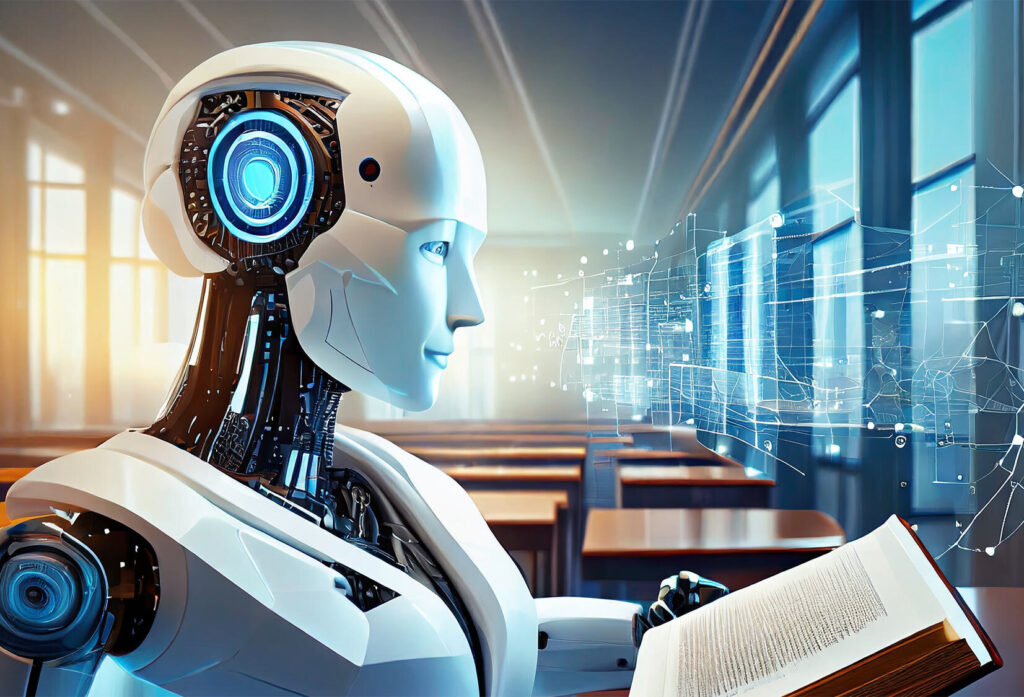
The Ethical and Societal Implications of Real AI
Data Privacy: Who’s Watching Whom?
One of the real-world concerns with AI is data privacy. AI systems need data—lots of it—to function effectively. This raises issues about how this data is collected, stored, and used. With the massive amounts of personal data being processed by AI, the potential for misuse is a legitimate worry. Think about all those times your smartphone seems to know a little too much about your interests—it’s not AI being creepy, it’s just really good at its job. But still, boundaries are important.
Job Displacement: Will AI Steal Your Job?
Another major issue is the impact of AI on employment. As AI becomes more capable of automating tasks, there’s growing concern that it will displace jobs, especially those involving routine, repetitive tasks. Factories, customer service centers, and even medical diagnostics are increasingly being automated, leading to fears of mass unemployment. However, the flip side is that AI could also create new job opportunities—ones we haven’t even imagined yet.
The Ethics of AI: Bias in the Machine
We can’t discuss AI without addressing the issue of bias. AI systems are only as good as the data they’re trained on, and if that data reflects biases—whether racial, gender, or socioeconomic—those biases can be perpetuated and even amplified by the AI. Ensuring that AI is fair, transparent, and accountable is crucial. While it might not be plotting world domination, AI still has the potential to influence significant aspects of our lives, from hiring decisions to criminal sentencing.
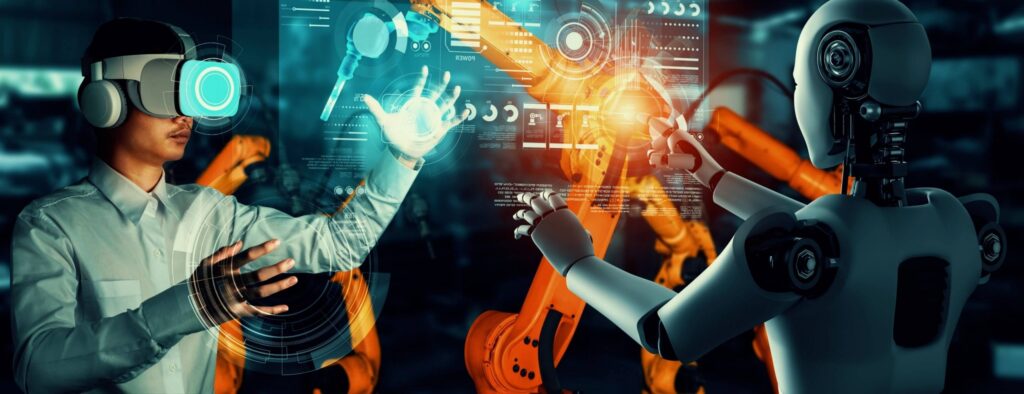
Conclusion: AI—Not Quite the Sci-Fi Dream, But Still Pretty Cool
So, while AI in movies might be an all-knowing, emotionally complex, and sometimes sinister being, the reality is much more grounded. Real-life AI is specialized, functional, and improving at a rapid pace, but it’s far from the dramatic, world-altering force that Hollywood loves to depict. However, that doesn’t mean we should dismiss its importance.
As AI continues to evolve, so will its influence on our daily lives, the job market, and even ethical frameworks. The goal is not to fear it, as movies might suggest, but to understand it, shape its development, and ensure that it serves humanity in a beneficial and responsible way.
And who knows? Maybe one day, AI will be able to crack jokes, write novels, or even counsel you through a rough day. Until then, though, we can rest easy knowing that our AI assistants are more likely to help us reorder toilet paper than plot our doom.
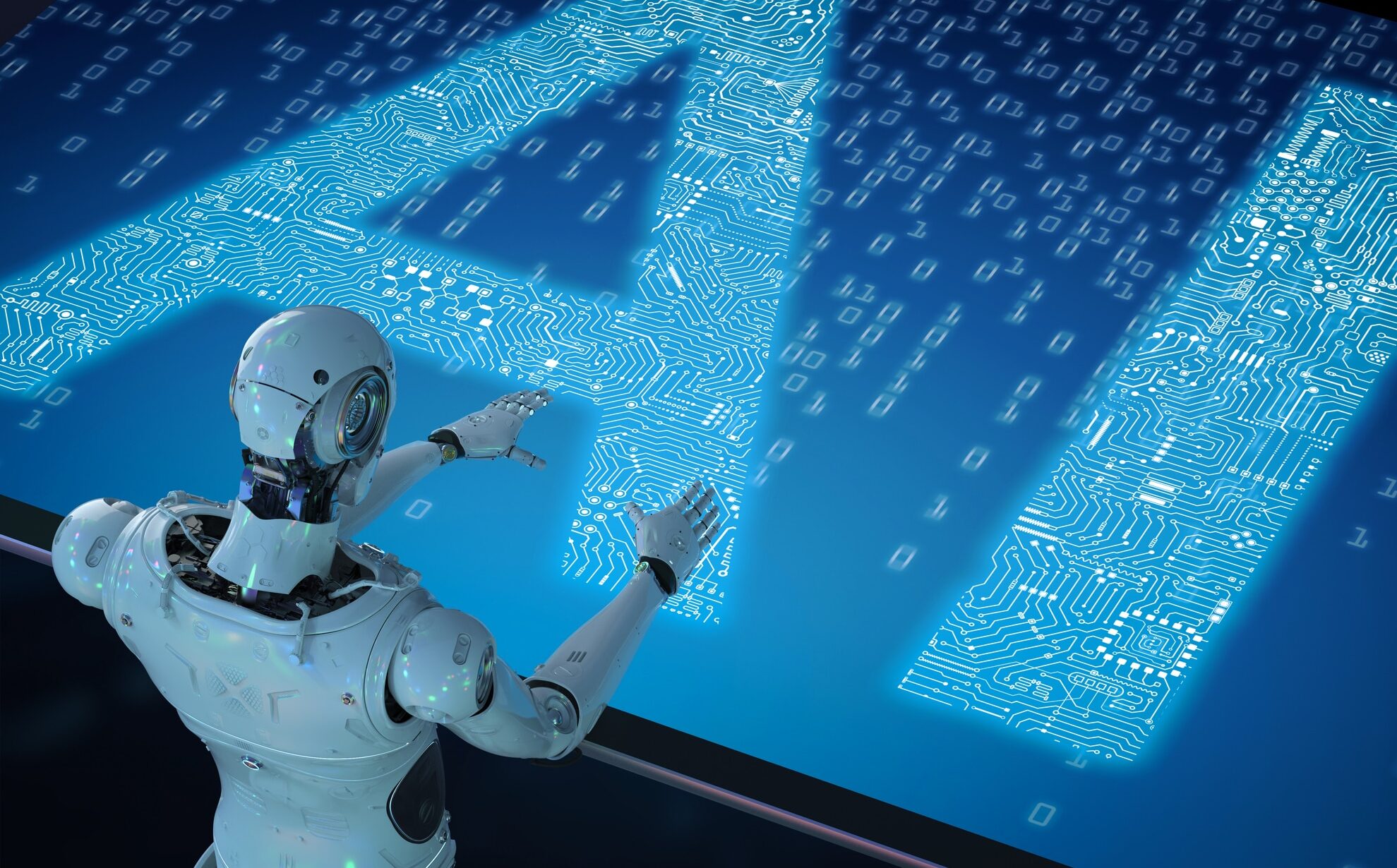
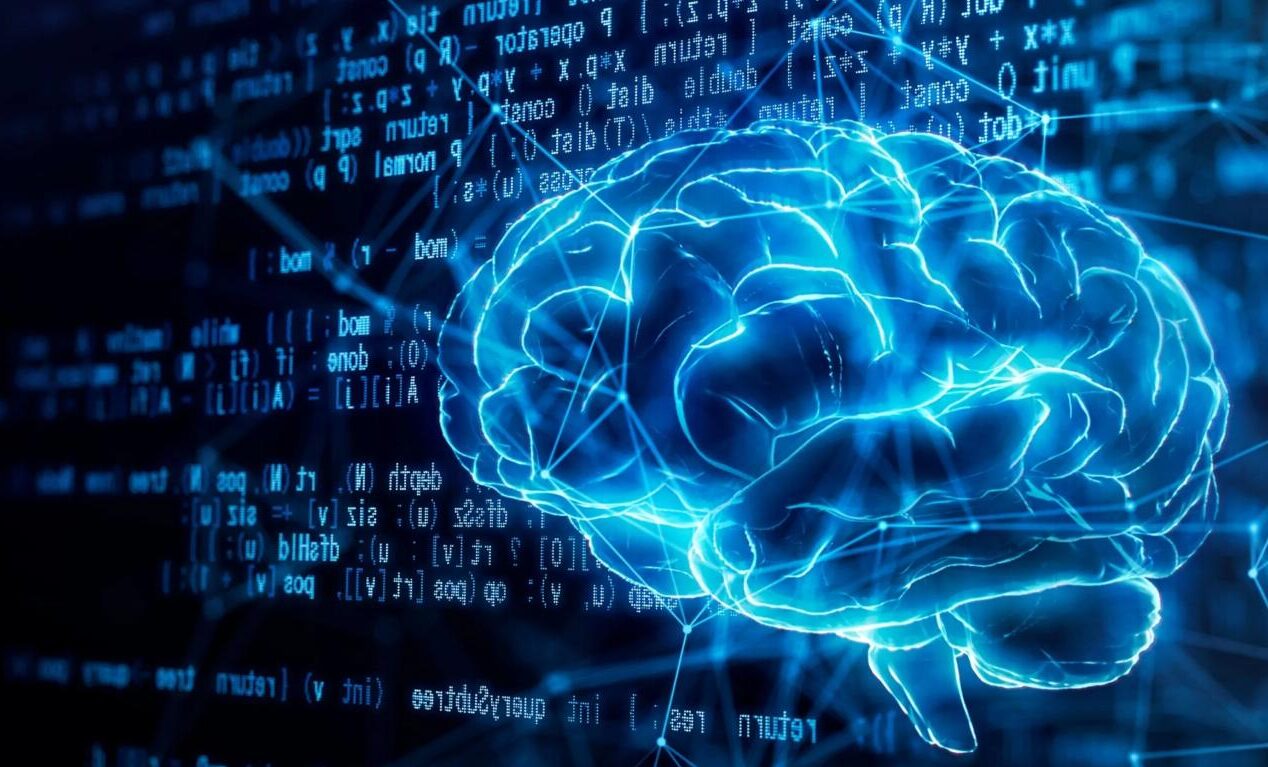
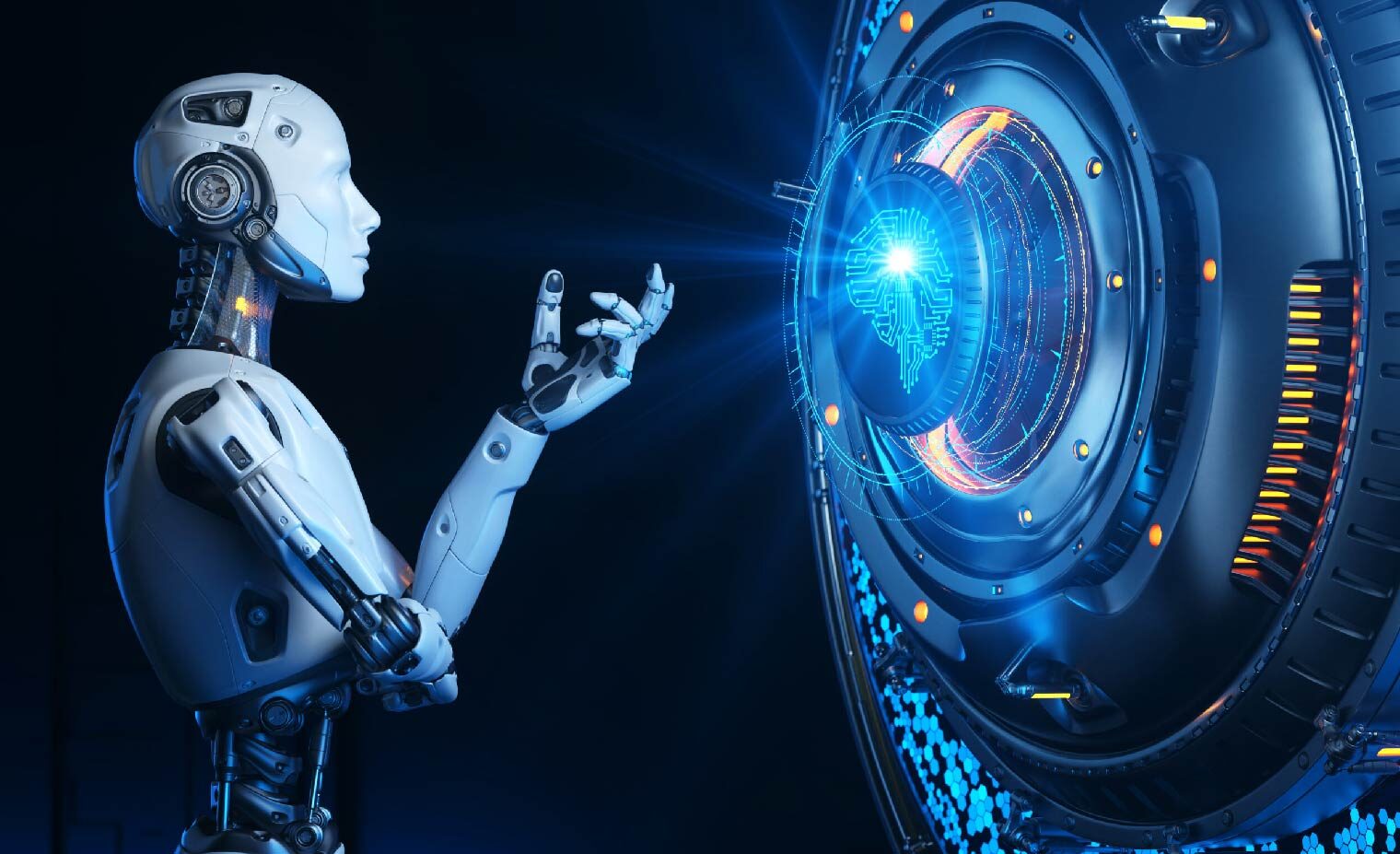
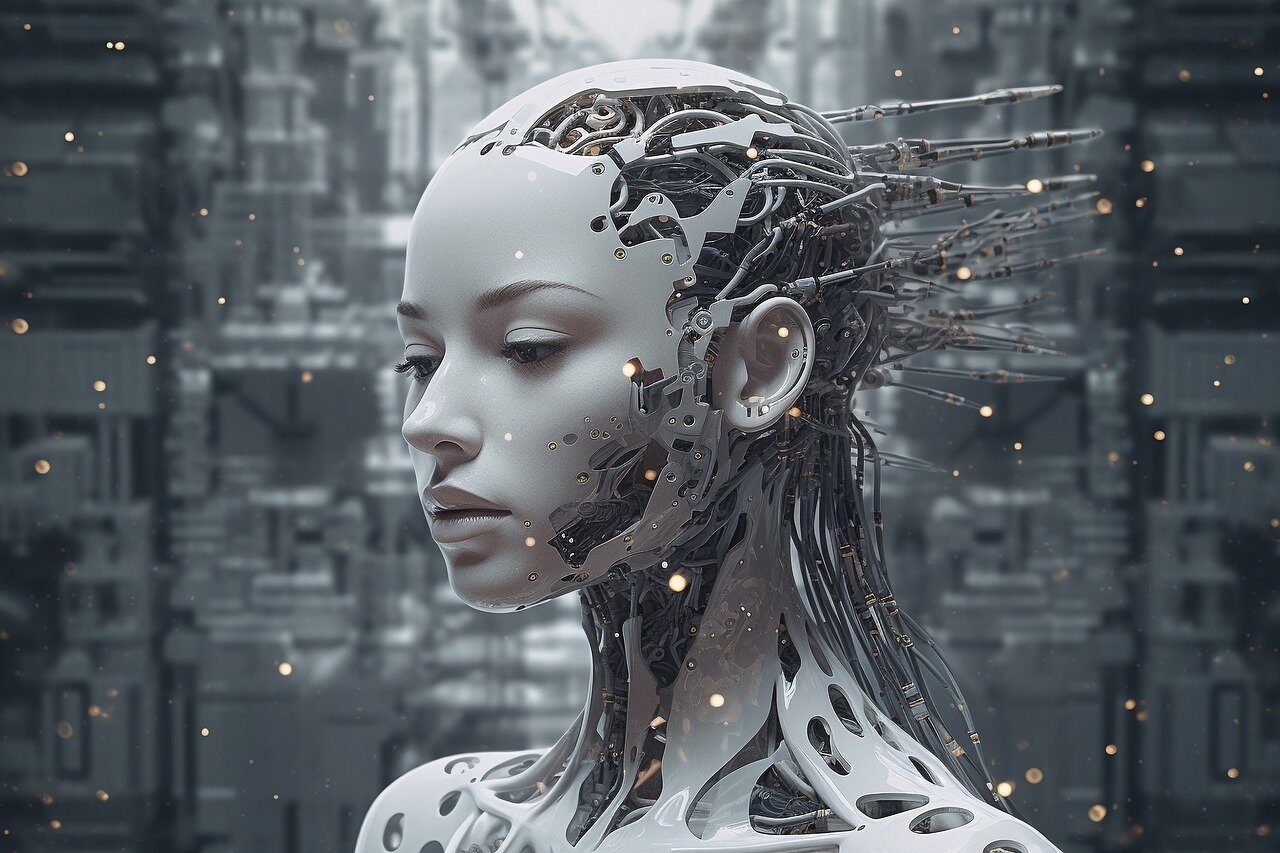
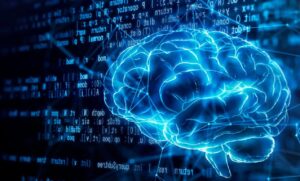
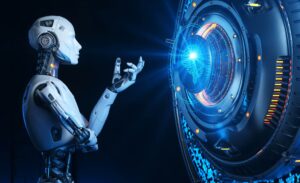

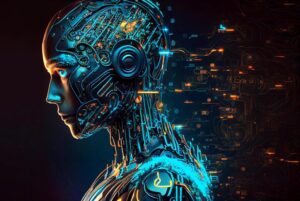






Post Comment